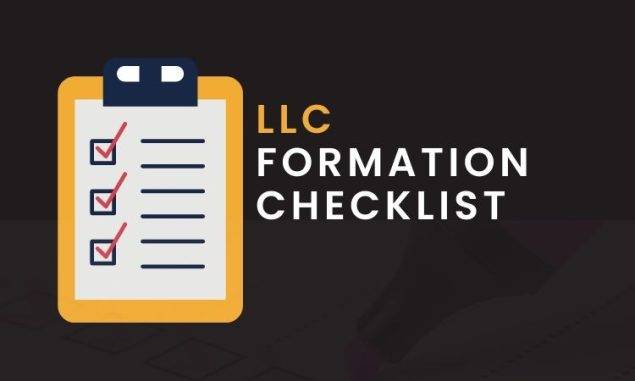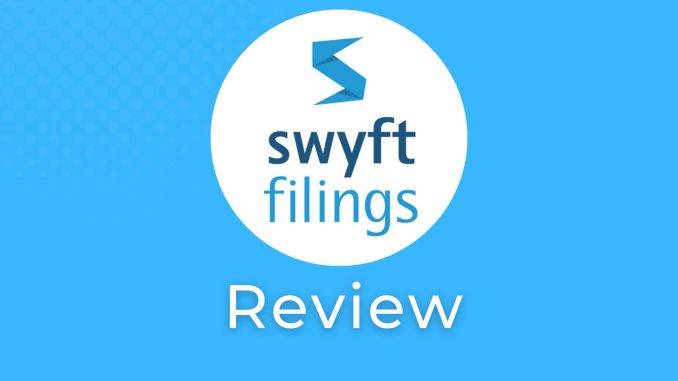Money management is a challenge for many college students for a number of reasons. For example, if you are living by yourself for the first time, you may not have as much experience handling money or budgeting.
Moreover, it is possible that you might not have much time to work as you will need to focus on studying and college life. This means that now is the perfect time to take this financial management for college students’ reports seriously, which can help you in the future.
Within this guide, you will find our top tips to set financial goals, spend less, and manage a budget while you are in college.

1. Create A Realistic Budget
It is common for college students to underestimate the importance of creating a realistic budget. However, living without a budget in mind can quickly lead to overspending and getting into financial difficulties.
Although the idea of setting a budget might seem overwhelming, especially if you have never done it before, the time you spend will be worth it in the end.
This will provide you with valuable insight into your monthly outgoings so that you can find out where you can cut back.
However, remember that setting a budget doesn’t mean that you can’t enjoy college life. All you need to do is balance your monthly expenses and take charge of your personal finances.
2. Develop Better Money Habits
If you want to gain financial freedom as a college student, you will need to learn how to manage your finances. This article from Tally will show you how to build better money habits, such as getting a good credit score and saving for unexpected costs.
As a result, you can improve your financial knowledge and set yourself up for future success. Developing good money skills while you are in college will help you make the most of your finances after you graduate. You will know how to make strategic financial decisions by building financial literacy early on.
3. Look For A Job
Getting a part-time job while studying can provide you with a variety of benefits. Not only will it look great on your resume when you start applying for graduate jobs, but it will also help you make some extra cash.
This means that it will be easier to manage your money and gain financial independence. You may also choose to work only during the summer, so you should try to make the most of this opportunity.
For example, it might be a good idea to pick up a few extra shifts or take a paid internship in your field.
4. Research Housing Options
Housing is one of the largest expenses you will encounter as a college student. This means that you should consider your housing options carefully.
While it might look more comfortable to live in an off-campus apartment by yourself, this can often be more expensive. Therefore, you may want to think about living on campus, where the cost of living will be much lower.
Moreover, living on campus also means that you won’t need to travel as much, which can save you some extra money. If you still decide to live off campus, it might be best to look for a roommate.
5. Track Your Spending Habits
One of the best ways to stay on top of your finances is to track your spending habits. Be sure to regularly look at what you have been spending your money on.
Although you may not realize it at first, there are many daily purchases that can quickly accumulate and affect your budget.
For example, buying a cup of coffee every day or using the vending machine during your breaks might not be a great idea if you are trying to keep your expenses down. So, it’s best to track your expenses via a budgeting app or by writing them down in a diary.
6. Learn How To Cook
If you don’t know how to cook, now could be the perfect time to learn a few budget-friendly recipes. However, cooking at home doesn’t mean that you can never go out and enjoy a meal with your friends.
It simply means that you shouldn’t let grabbing food from your favorite fast food restaurant become a habit that you cannot control. In comparison, learning how to cook at home can be a fun and creative activity.
Although it might require some planning ahead, you can also invite a few friends over instead of going out.
7. Build Your Credit Score
Your credit score is a crucial factor that you will need to take into consideration when it comes to buying a car or purchasing your first home.
It might be helpful to start building your credit early on so that you can make things easier for yourself. If you have student loans to pay, you may consider making small payments, which will create a positive repayment history.
Be sure to check your credit report and borrow only what you need. Learning how to improve your credit score is essential to controlling your financial future.
8. Save Money
Although learning how to save money while you are in college may seem like the last thing on your mind, it can help you improve your financial future. For example, you may be able to pay off your student loans and get rid of debt soon after graduation.
In addition, this can increase your confidence and help you build trust in your abilities and skills. Even if you don’t know what you want to do with your life right now, saving some money as a college student will give you more options to consider later.
9. Find Free Activities
When you are in college, it can be tempting to always plan activities that involve spending money. Nevertheless, it can still be beneficial to think about free activities that can be just as fun and enjoyable.
For example, you may consider taking advantage of at-home entertainment, such as watching a movie with friends or having a karaoke night at home.
This doesn’t mean that you have to stop going out, but it might be worth replacing a few nights out with something else that may cost you less. As a result, this will have a significant impact on your overall budget.
10. Use Student Discounts
Don’t forget that being a college student means that you might be able to secure a few discounted prices. There are many places that offer student discounts, such as major retailers, movie theaters, streaming services, and more.
All you need to do is research your options or ask your friends if they know of any places that provide these benefits to students.
However, it’s also important to be careful how you use student discounts. Avoid buying something that you don’t need just because it is reduced.
Wrap Up: Think About The Future
No matter what plans you have for the future, your current financial goals should align with your vision.
Therefore, it might be helpful to think about your goals and priorities, as this will determine your personal finance habits at the moment. For example, you might need to think about whether you want to graduate from college with minimal debt.
You should also consider your plans for the summer and the free time you have. It’s important to decide how you want to utilize your time and resources so that you can improve your financial health in the future.
I’m an experienced media executive and Entrepreneur. A complex problem solver and deep thinker capable of leading teams to meet targeted goals. I’m passionate about Digital Marketing | Blogging | SEO and Content Optimization. A tech-savvy With over 10years of experience in the industry, helping other Startups and business fulfil their goals is my commitment. My passion is assisting individuals in finding their talent, and my job is to assist organizations in realizing their full potential.









